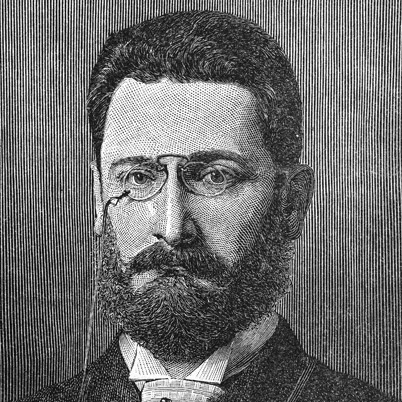By Peter Hossli

The Pulitzer? No other award is as coveted by journalists. It was endowed by Hungarian-born publisher Joseph Pulitzer (1847 – 1911), who had made his fortune in the U.S. Shortly before his death he bequeathed two million dollars to New York’s Columbia University. Columbia used the money to establish a school of journalism and to honor the best work written by reporters every year.
The first Pulitzer Prize was won by journalist Herbert Bayard Swope in 1917 for his moving reports from the German Reich during World War I.
Nowadays, juries award 21 Pulitzer Prizes each year, 14 of which go to journalists. The rest are awarded to authors and scriptwriters, novelists, poets and composers. Each prizewinner receives 10,000 Dollars– more importantly, they win fame and glory.
Not everyone can be a Pulitzer Prize contender. The artistic categories – drama, literature and music – are reserved for U.S. citizens. Foreigners are admitted to the competition for journalistic prizes, but their articles need to have been printed in an American newspaper appearing, at the least, weekly. Articles published by magazines and TV or radio reports are ineligible, as they do not meet the requirements.
The winners are chosen every spring. To date, The New York Times has won the highest number of Pulitzer Prizes, 112, followed by the The Washington Post with 47. Journalists Bob Woodward and Carl Bernstein who revealed the Watergate scandal are both Pulitzer Prize winners. New York Times columnist Thomas Friedman has been honored three times. John F. Kennedy is the only American president to have won the Pulitzer. The most famous Pulitzer-winning photograph on record was shot by Vietnamese Nick Ut. It portrays a naked Vietnamese girl running away from a Napalm attack.

South African photographer Kevin Carter won the prize in 1994 for a picture he took in Sudan. It shows an emaciated child, next to her a hungry vulture. The animal appears to be hoping for the swift death of its designated prey. Later, Carter was asked whether the child had survived. He couldn’t answer the question. It broke him.
Mere months after winning the Pulitzer Prize Carter committed suicide.